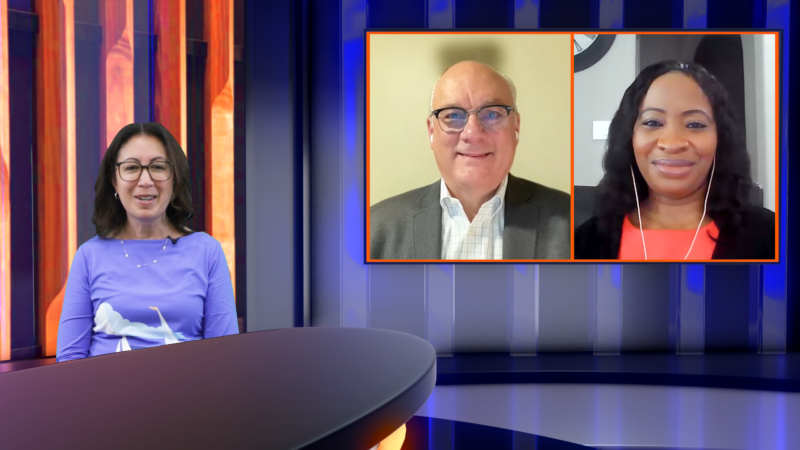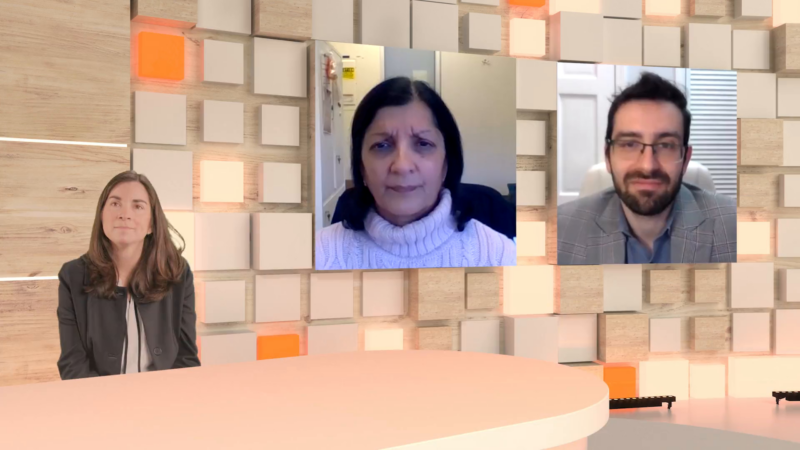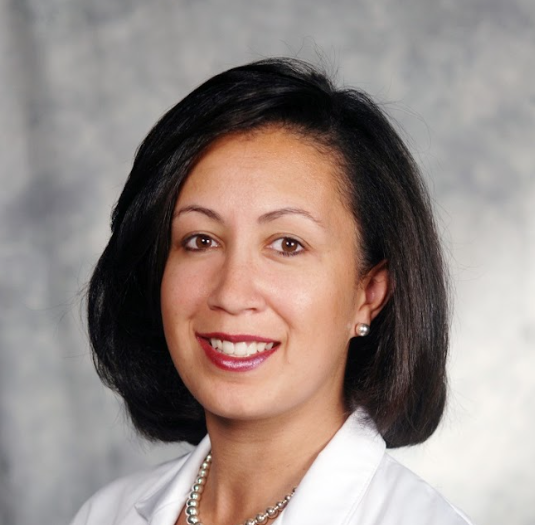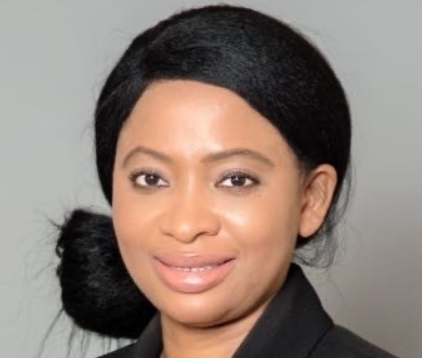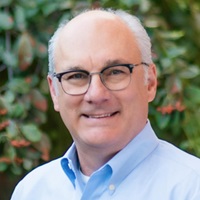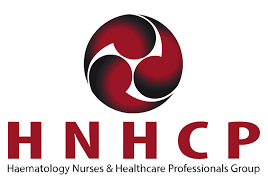touchPANEL DISCUSSION
 A visually engaging discussion designed to emulate a ‘live’ panel experience and provide clinicians with practical expert insights to address their clinical challenges. Useful tips below will show how to navigate the activity.
Close
A visually engaging discussion designed to emulate a ‘live’ panel experience and provide clinicians with practical expert insights to address their clinical challenges. Useful tips below will show how to navigate the activity.
Close
 A visually engaging discussion designed to emulate a ‘live’ panel experience and provide clinicians with practical expert insights to address their clinical challenges. Useful tips below will show how to navigate the activity.
Close
A visually engaging discussion designed to emulate a ‘live’ panel experience and provide clinicians with practical expert insights to address their clinical challenges. Useful tips below will show how to navigate the activity.
Close
Contemporary insights on the management of sickle cell disease: Focus on complications and recent advances in therapy
- Downloads including slides are available for this activity in the Toolkit
Learning Objectives
After watching this activity, participants should be better able to:
- Summarize the various manifestations and multiple complications of SCD
- Appraise the practical considerations for the multidisciplinary management of SCD complications
- Interpret the clinical data for established and recently approved therapies for SCD and apply them to clinical practice
Overview
In this activity, three experts provide their perspectives on the clinical manifestations and complications of sickle cell disease (SCD), the multidisciplinary management of these complications, and established and recently approved therapies. The discussion is guided by pre-canvassed questions provided by healthcare professionals involved in the management of patients with SCD.
This activity is jointly provided by USF Health and touchIME. read more
Target Audience
Cardiologists (including paediatric cardiologists), emergency medicine physicians, haematologists (including paediatric haematologists), hospital pharmacists, neurologists, nurse practitioners, paediatricians and primary care physicians involved in the management of sickle cell disease.
Disclosures
USF Health adheres to the Standards for Integrity and Independence in Accredited Continuing Education. All individuals in a position to influence content have disclosed to USF Health any financial relationship with an ineligible organization. USF Health has reviewed and mitigated all relevant financial relationships related to the content of the activity. The relevant relationships are listed below. All individuals not listed have no relevant financial relationships.
Faculty
Prof. Biree Andemariam discloses: Grants/research support from Forma Therapeutics, Global Blood Therapeutics, Hemanext, Novartis, Novo Nordisk and Pfizer. Consulting fees from Accordant, Emmaus (Relationship Terminated) and GlaxoSmithKline. Advisory board or panel fees from Afimmune, Agios Pharmaceuticals, Bluebird Bio, Forma Therapeutics, Global Blood Therapeutics, Hemanext, Novartis, Novo Nordisk, Pfizer, Sanofi Genzyme and Vertex Pharmaceuticals.
Prof. Modupe Idowu discloses: Grants/research support from Agios Pharmaceuticals, Alexion, Forma, Global Blood Therapeutics, Novartis, Novo Nordisk and Pfizer. Consulting fees from Global Blood Therapeutics, Novartis and Novo Nordisk. Advisory board or panel fees from Global Blood Therapeutics, Novartis and Novo Nordisk. Speaker’s bureau fees from Global Blood Therapeutics.
Prof. Mark C Walters discloses: Consulting fees from AllCells and BioChip Labs. Advisory board or panel fees from Ensoma and Vertex Pharmaceuticals.
Nurse Planner and Content Reviewer
Amy Patterson MSN, APRN, AOCNS®, BMTCN® discloses the following:
Speakers Bureau: Gilead/Kite (Relationship Terminated).
Pharmacist Reviewer
Rebecca Gonzalez, PharmD BCOP has no relevant financial relationships to disclose.
Touch Medical Contributors
Sola Neunie has no financial interests/relationships or affiliations in relation to this activity.
USF Health Office of Continuing Professional Development and touchIME staff have no financial interests/relationships or affiliations in relation to this activity.
Requirements for Successful Completion
In order to receive credit for this activity, participants must review the content and complete the post-test and evaluation form. Statements of credit are awarded upon successful completion of the post-test and evaluation form.
If you have questions regarding credit please contact cpdsupport@usf.edu.
Accreditations
Physicians
This activity has been planned and implemented in accordance with the accreditation requirements and policies of the Accreditation Council for Continuing Medical Education (ACCME) through a joint providership of USF Health and touchIME. USF Health is accredited by the ACCME to provide continuing medical education for physicians.
USF Health designates this enduring material for a maximum of 0.75 AMA PRA Category 1 CreditTM. Physicians should claim only the credit commensurate with the extent of their participation in the activity.
The European Union of Medical Specialists (UEMS) – European Accreditation Council for Continuing Medical Education (EACCME) has an agreement of mutual recognition of continuing medical education (CME) credit with the American Medical Association (AMA). European physicians interested in converting AMA PRA Category 1 CreditTM into European CME credit (ECMEC) should contact the UEMS (www.uems.eu).
Advanced Practice Providers
Physician Assistants may claim a maximum of 0.75 Category 1 credits for completing this activity. NCCPA accepts AMA PRA Category 1 CreditTM from organizations accredited by ACCME or a recognized state medical society.
The AANPCP accepts certificates of participation for educational activities approved for AMA PRA Category 1 CreditTM by ACCME-accredited providers. APRNs who participate will receive a certificate of completion commensurate with the extent of their participation.
Pharmacists
USF Health is accredited by the Accreditation Council for Pharmacy Education as a provider of continuing pharmacy education. This knowledge-based program has been approved for 0.75 contact hours (0.75 CEUs). Universal Activity Number (UAN) is as follows: 0230-9999-23-015-H01-P.
Nurses
USF Health is accredited as a provider of nursing continuing professional development by the American Nurses Credentialing Center’s Commission on Accreditation.
A maximum of 0.75 contact hour may be earned by learners who successfully complete this continuing professional development activity. USF Health, the accredited provider, acknowledges touchIME as the joint provider in the planning and execution of this CNE activity.
Date of original release: 16 August 2023. Date credits expire: 16 August 2024.
If you have any questions regarding credit please contact cpdsupport@usf.edu.
To obtain contact hours from this activity, please complete this post-activity test.
Claim Credit- Downloads including slides are available for this activity in the Toolkit
You may also be interested in...

REGISTER NOW FOR FREE ACCESS TO
- 1000+ topical and insightful peer-reviewed journal articles
- 100+ hours of bite-sized congress highlights
- 10 major therapy areas packed with the latest scientific advances
- 150+ specialties offering learn-on-the-go medical education
- + Concise email updates and newsletters so you never miss out








